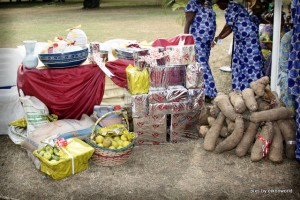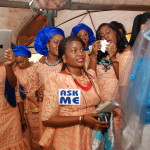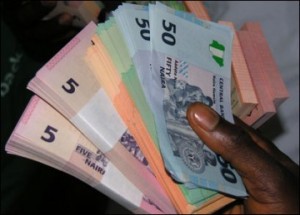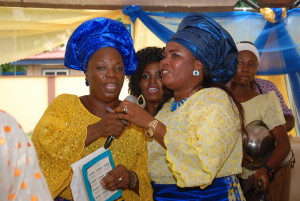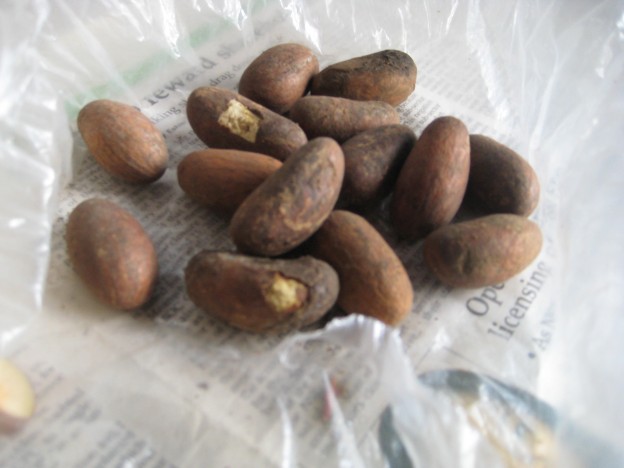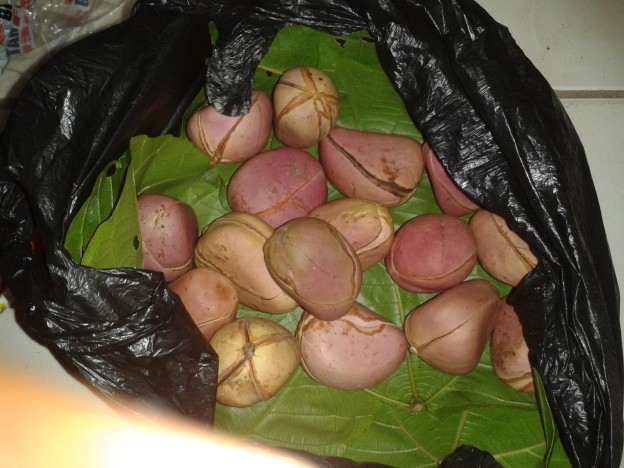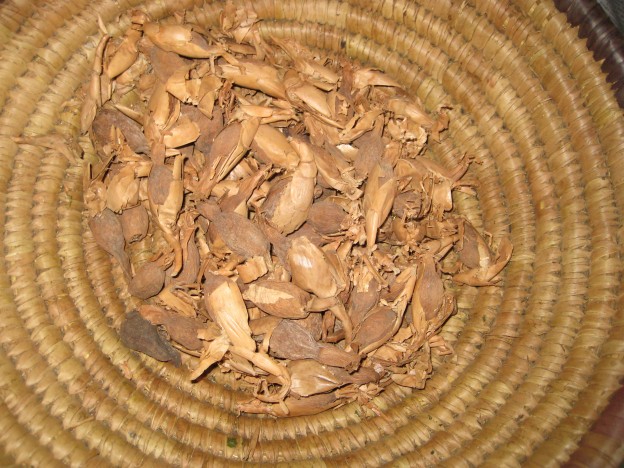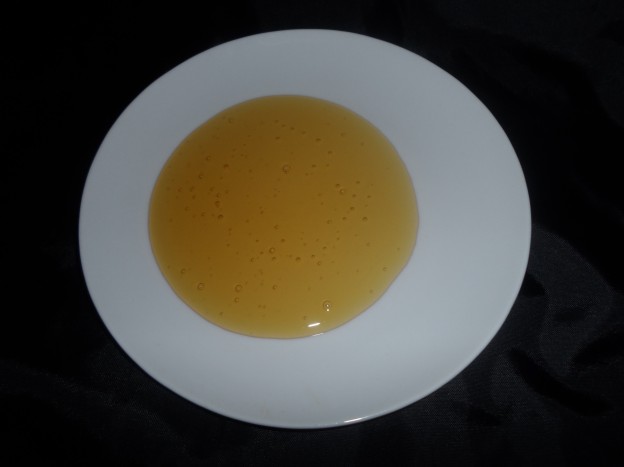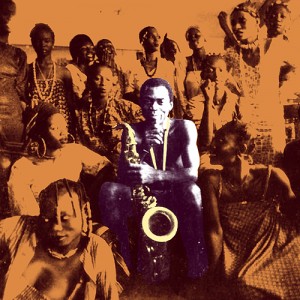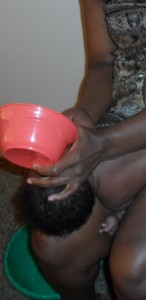Apá Kini – Part One
Ìnáwó nla ni ìgbéyàwó ìbílẹ̀, ṣùgbọ́n gẹ́gẹ́ bi òwe Yorùbá “Bi owó ti mọ ni oògùn nmọ”, bi agbára ọkọ ìyàwó àti ìdílé bá ti tó ni ìnáwó ti tó.
Ẹrù ìgbéyàwó ayé òde òní ti yàtọ si ẹru ayé àtijọ́ nitori àwọn Yorùbá ti o wa ni àjò nibiti ọ̀pọ̀lọpọ̀ ẹrù yi kò ti wúlò, nitori èyi ni a ṣe kọ àwọn ẹrù ti a lè fi dipò pàtàki fún àwọn ti ó wà lájò.
ENGLISH TRANSLATION
Traditional Marriage is an expensive event, but according to Yoruba proverb “The amount of your money will determine the worth of your medicine”, meaning that the amount expended can be determined groom and bridegroom and their family’s wealth or purse.
The Bridal list of the modern time are slightly different because of the Yoruba abroad where most of the traditional items are not useful hence the suggestion of substitute.
| ẸRÙ TI ÌYÀWÓ – BRIDAL PERSONAL LIST | |||||
| YORÙBÁ | ENGLISH | ÌYÈ | QTY | DÍPÒ | SUBSTITUTE |
| Bíbélì/Koran | Bible/ Quoran | Ẹyọ Kan | 1 pcs | Kò kan dandan | Not compulsory |
| Òrùka | Ring | Ẹyọ Kan | 1 pcs | Ẹ̀gbà ọwọ́ | |
| Agboòrùn | Umbrella | Ẹyọ Kan | 1 pcs | ||
| Bẹ̀mbẹ́ | Tin Box | Ẹyọ Kan | 1 pcs | Àpóti Ìrìn-nà | Travelling Box |
| Ohun Ẹ̀ṣọ́ | Jewellery | Odidi Kan | 1 Complete Set | Wúrà, Fàdákà tàbi Ìlẹ̀kẹ̀ | Gold/Silver or Bead Jewelry |
| Aago ọwọ | Wrist Watch | Ẹyọ Kan | 1 pcs | ||
| Aṣọ Ànkàrá | Cotton Print | Ìgàn mẹrin | 4 bundle | Aṣọ òkèrè | Lace or Guinea Brocade |
| Àdìrẹ | Tie & Dye Cotton | Ìgàn mẹrin | 4 bundle | ||
| Aṣọ Òfi/Òkè | Traditional woven fabric | Odidi kan | 1 Complete Set | Kẹ̀kẹ́ ìgbọ́mọ sọ́kọ̀ tàbi ti ọmọ kiri | Car Sit or Buggy |
| Gèlè̀ | Head Ties | Ẹyọ Mẹrin | 4 pcs | A lè yọ gèlè lára aṣọ | Separate 1.6yds from fabric for Headtie |
| Bàtà àti Àpò | Shoe & Bag | Odidi Meji | 2 sets | Mú àpò tó bá bàtà mu | Mix & Match bag & shoe |
| Sálúbàtà | Slippers/Sandal | Meji | 2 pairs | ||
| Ọja Aṣọ òfì | Baby Wrap | ẸyọMẹrin | 4 pcs | Àpò ìgbọ́mọ | 1 Baby Start Carrier |
| Odó àti ọmọ ọdọ | Mortar and pestle | Odidi Kan | 1 set | Ẹ̀rọ ìgúnyán | Pounding Machine |
| Ọlọ àti ọmọ ọlọ | grinding stones | Odidi Kan | 1 set | Ẹ̀rọ Ilta | Blender |
| Ìkòkò ìdána | Cooking Pots & Pans | Mẹrin | 4 pcs | Kò kan dandan | No longer necessary |
Originally posted 2015-03-10 10:30:47. Republished by Blog Post Promoter


